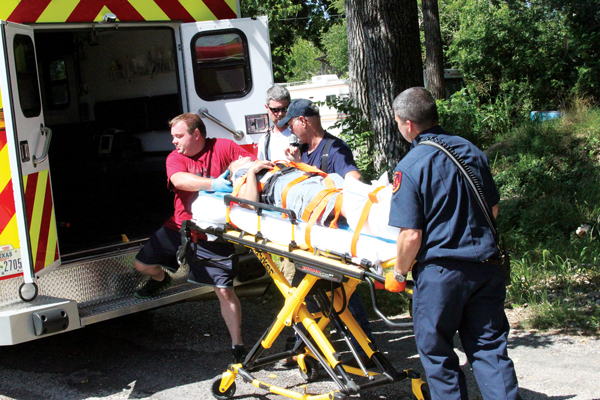What you need to know
When loved ones pass away unexpectedly and as a result of another’s action or in-action, it is always a very tough and challenging time in a person’s life. This type of loss is undoubtedly agonizing. The grief and the trauma that follows this type of event is sometimes too much to bear. Knowing the death was the result of another’s action or in-action makes the pain even deeper and more agonizing to accept. This type of scenario is called wrongful death.
Wrongful death claims may result from personal injury accidents, automobile accidents, pedestrian accidents, pharmaceutical errors, medical malpractice, vicious or and dangerous animal attacks, dangerous and defective products or work accidents, to name a few.
When unexpected death occurs, families are left with daunting bills ranging from medical bills to burial and funeral expenses. In a wrongful death action, the family looks to be compensated for their loss. The law varies from state to state but ordinarily, the immediate family—children, spouses, siblings, and parents, are permitted to file a wrongful death claim.
In Ohio, the time period (statute of limitations) to bring a wrongful death claim is two years from the date of death. The family of the deceased has up to two years from the death of the deceased to file a wrongful death lawsuit after which the claim is forever barred.
Once the decision has been made to proceed with a wrongful death action, an estate will need to be opened in the probate court. The Personal Representative of the estate brings wrongful death claims on behalf of the deceased’s family. The damages that may be awarded to the family are for those that suffered as a result of the death of their loved one. These damages may be classified as economic damages or loss and non-economic damages.
Economic damages include loss of inheritance, loss of support, loss of services, funeral and burial expenses. Non-economic damages include grief and anguish, loss of society and loss of consortium.
An experienced attorney is needed to help with the following:
1.) Determine the facts of the incident;
2.) Open the estate in Probate Court and ensure an appropriate Personal Representative is appointed;
3.) Ensure the rights of the survivors are protected; and,
4.) Determine the appropriate court in which to file the lawsuit if a settlement prior to suit is not reached.
If your loved one has recently experienced a sudden and wrongful death, it would be wise to hire a tested and trusted attorney, or personal injury law firm, to present your case.
Click here to contact us and learn how we can represent you.



